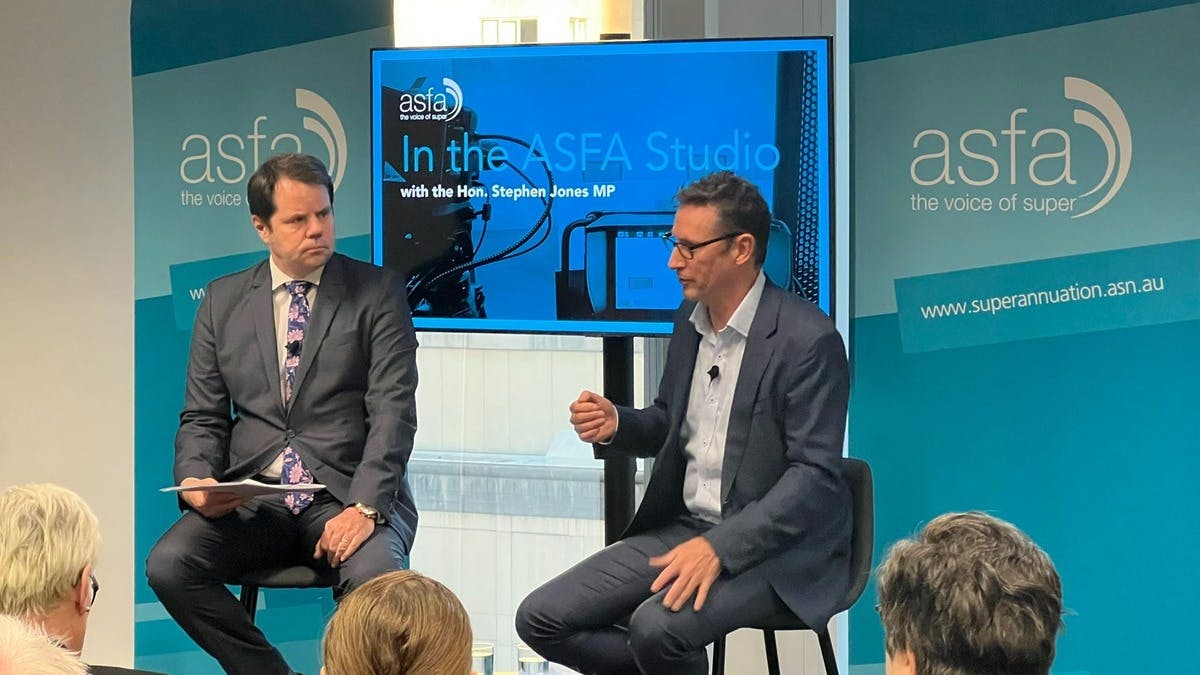The Albanese government has recently made a significant decision regarding the provision of financial advice in Australia.
In response to the Quality of Advice Review findings conducted by Michelle Levy, a partner at Allens, the government has determined that superannuation funds will play a central role in offering financial guidance to their members. This move aims to address the needs of the majority of Australians whose financial advice requirements are relatively straightforward.
During a closed-door meeting organised by the Association of Superannuation Funds of Australia (ASFA), Financial Services Minister Stephen Jones conveyed the government’s expectation for super funds to take on a more prominent and effective role in delivering financial advice. Minister Jones emphasised the importance of these funds expanding their services to better serve the needs of their members.
At present, superannuation funds are limited in the scope of advice they can provide. They are primarily restricted to offering simple advice, and the cost of such advice is collectively shared among all fund members. However, it has been observed that a significant portion of members do not take advantage of this service.
Minister Jones highlighted the pressing need for more retirement income advice, especially for the approximately 5 million Australians who are either retired or approaching retirement. Unfortunately, due to the high cost associated with obtaining financial advice, many individuals in this demographic are unable to access the guidance they require.
In response to this issue, the government has accepted one of the recommendations put forth in the review. This recommendation aims to facilitate individualized financial advice for super fund members by allowing funds to charge members individually for tailored guidance based on their specific circumstances. This change is expected to make financial advice more accessible and affordable for members, ensuring that they receive the support they need as they plan for their retirement.
The Australian Institute of Superannuation Trustees (AIST) has expressed its support for the Australian government’s decision to grant superannuation funds greater flexibility in offering financial advice to their members.
CEO of AIST, Eva Scheerlinck, emphasized the significance of the government’s announcement, particularly for the more than 12 million Australians who hold superannuation accounts, including the five million individuals who are either retired or approaching retirement age.
Scheerlinck commended the government for accepting the recommendation from the Quality of Advice Review to remove restrictions on collective charging for financial advice. This change is expected to improve the accessibility and affordability of advice for consumers while ensuring adequate protection from potential harm.
While acknowledging the effectiveness of recent reforms in enhancing consumer protection, Scheerlinck highlighted that the quality of advice plays a crucial role in determining the financial outcomes for super fund members. As custodians of Australians’ retirement savings, super funds not only manage and invest these funds but also provide advice to their members. However, their ability to assist has been limited by existing constraints.
According to the Minister’s observations, only 26 per cent of super fund members actively seek financial advice despite the suitability of these funds to meet their needs safely. AIST, as the leading body representing the $1.9 trillion profit-to-member sector, appreciates the government’s decision to allow funds to expand their role and better serve their members’ interests.
Scheerlinck further emphasized that understanding the complex dynamics between superannuation and the age pension can be challenging, and the proposed changes will enable funds to assist their members more effectively, especially as millions of Australians approach retirement.
Additionally, Scheerlinck noted the importance of the government providing legal clarity for funds regarding collective charging for advice. The cost of financial advice has been a barrier for many Australians, and this move is expected to address the issue by making advice more accessible to a wider population.
Keep up to date with our stories on LinkedIn, Twitter, Facebook and Instagram.

